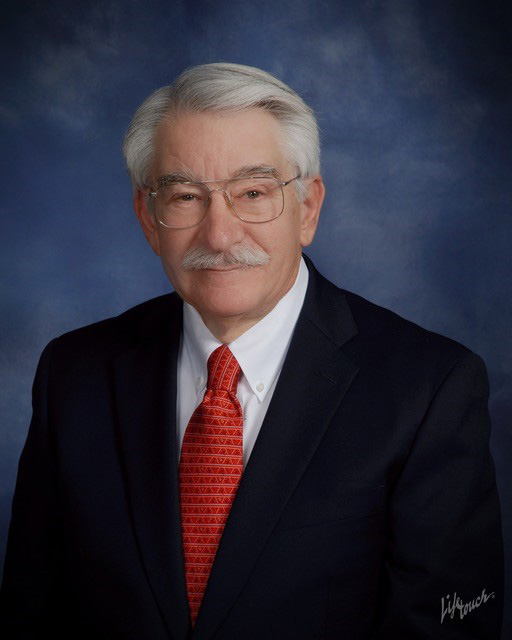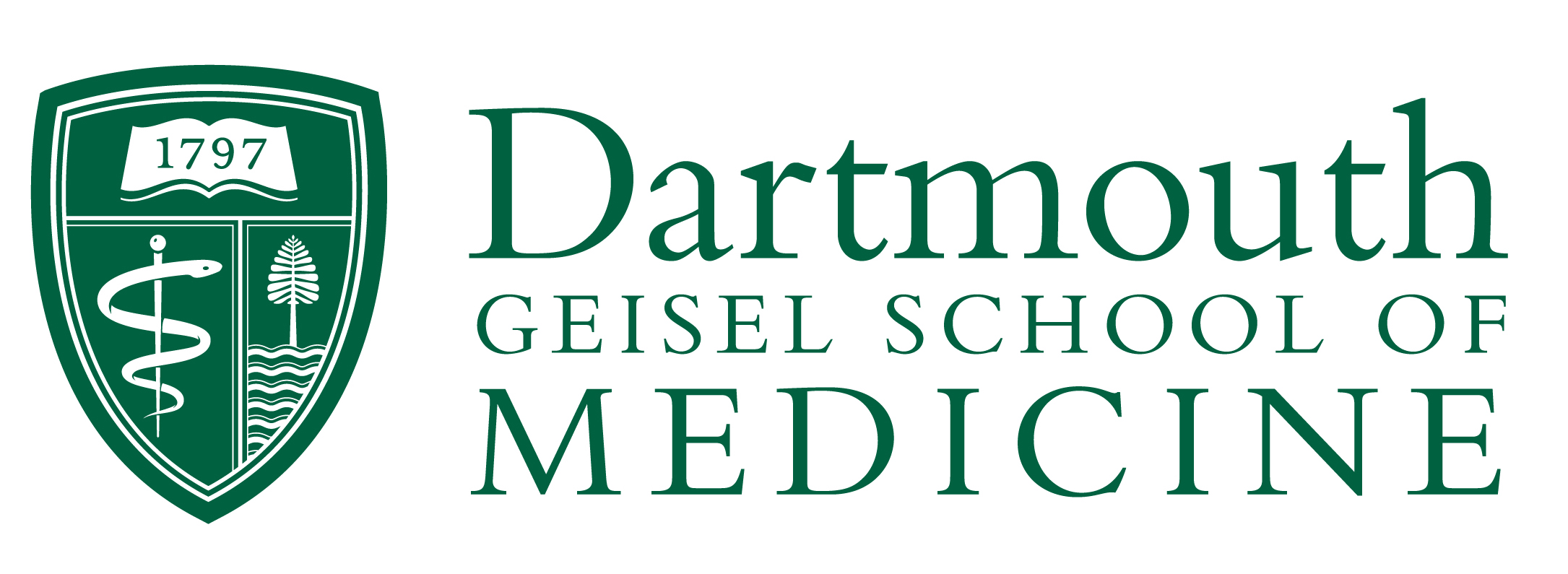Reunions are deeply meaningful to David Zamierowski MED ’66. For his 50th medical school reunion five years ago, he and his classmates established the Six of DMS ’66 Fund in honor of the six women in their class—trailblazers who excelled at the medical school in spite of the many obstacles they faced because of their gender and their rarity as members of the Dartmouth student body.

Now, for his 55th reunion, Zamierowski has established the Medical Education Innovation Fund for Bias Awareness. He was interested in supporting innovation in the medical school curriculum, specifically in the area of bias awareness. In conversations with Geisel Dean Duane Compton and Interim Senior Director of Medical Education John Dick MED ’03, it became clear there was an opportunity to develop deliberate curricular modules focused on unconscious bias.
“There are so many kinds of bias, many of which are implicit and unrecognized, and these may influence your medical decision-making in ways you are not aware of,” says Zamierowski. “Building self-awareness and teamwork skills through medical education programs is one way to improve outcomes. As you become aware of your own bias, your cultural understanding shifts to understanding other biases, making you a better physician, team member, and leader.”
Zamierowski, a retired plastic surgeon specializing in wound care, has been a progressive philanthropist in the area of interprofessional education and simulation training for the past 20 years. He and his wife, Mary, have supported educational innovation at a number of institutions, including Johns Hopkins, the University of Kansas, and now Dartmouth.
“The work done with the support of the Six of DMS ’66 Fund has been consistently within the Geisel zeitgeist,” says Dick. “Dr. Zamierowski’s most recent gift will allow us to draw on our experiences and expand our pedagogical efforts to address bias in healthcare. We must start by dismantling bias in our medical training environments to ensure that our students will thrive and provide the highest quality care to our patients.’’
Innovations in Medical Education
With funding from Zamierowski’s latest gift, a nascent project on microaggressions, originally supported by the Six of DMS ’66 Fund, will develop into a pilot research program focused on incorporating bias awareness into the school’s curriculum. The project team includes Nan Cochran, MD, an associate professor of community and family medicine and of The Dartmouth Institute; Roshini Pinto-Powell, MD, a professor of medicine and of medical education; Diana Wu, MD, assistant professor of community and family medicine; and Marshall Ward MED ’13, an assistant professor of medicine. Outcomes from the program will be analyzed and shared after two years.
“Conscious and unconscious bias often manifest as microaggressions against trainees, healthcare professionals, and patients,” says Cochran. Through focused interprofessional training, participating students and learners will gain an understanding of how to recognize and constructively respond to bias. They will learn and practice communication skills to address this problem which can ultimately improve both the training environment and health outcomes for patients.
“This is just the kind of project we had in mind when we identified innovation in medical education as a Call to Lead campaign priority,” says Compton. “This funding is in perfect alignment with our values and mission and allows us to deliberately evaluate and improve our curriculum around bias awareness.”
Written by Julie Bressor
To make a gift in support of Medical Education and Student Programs, visit geiselcampaign.dartmouth.edu or contact Julie P. Bressor in the Office of Development at (802) 424-6121.




